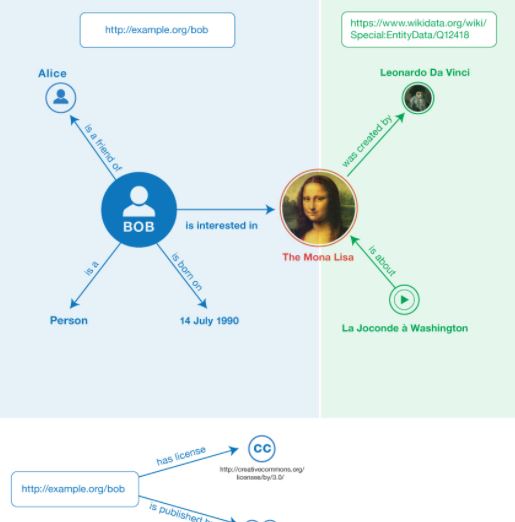With the ongoing, gradual shift of large-scale distributed systems towards the edge-cloud continuum, the need arises for software solutions that are universal, scalable, practical, and grounded in well-established technologies. Simultaneously, semantic technologies, especially in the streaming context, are becoming increasingly important for enabling interoperability in edge-cloud systems. However, in recent years, the field of semantic data streaming has been stagnant, and there are no available solutions that would fit those requirements. To fill this gap, in this contribution, a novel end-to-end RDF streaming approach is proposed (named Jelly). The method is simple to implement, yet very elastic, and designed to fit a wide variety of use cases. Its practical performance is evaluated in a series of experiments, including end-to-end throughput and latency measurements. It is shown that Jelly achieves vastly superior performance to the currently available approaches. The presented method makes significant progress towards enabling high-performance semantic data processing in a wide variety of applications, including future edge-cloud systems. Moreover, this study opens up the possibility of applying and evaluating the method in real-life scenarios, which will be the focus of further research.
翻译:随着大规模分布式数据流系统的不断、逐步地向边缘环状系统转移,需要普遍、可扩展、实用和以成熟技术为基础的软件解决方案。与此同时,语义技术,特别是流态技术,对于在边缘环状系统中实现互操作性越来越重要。然而,近年来,语义数据流领域停滞不前,没有适合这些要求的可用解决方案。为填补这一空白,为此提出了一个新的端至端RDF流方法(名为Jelly)。该方法易于实施,但非常灵活,设计适合多种使用案例。在一系列实验中评估其实际性能,包括最终到终端的吞吐量和延缓度测量。这表明,Jelly取得了与现有方法极为优异的绩效。目前采用的方法在使高性能的语义数据处理在广泛的应用中,包括未来的边缘环状系统中,取得了显著的进展。此外,这项研究开启了在现实情景中进一步应用和评价方法的可能性。




